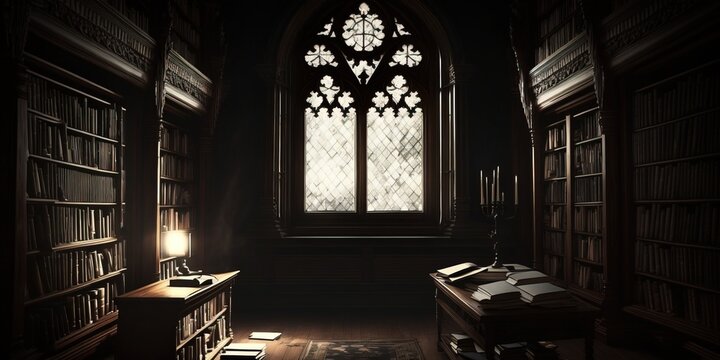
FAQ About Gothic Literature
Gothic Literature
2 years ago | gizem
Who are some famous Gothic Literature authors?
Gothic Literature has been enriched by the contributions of several famous authors who have left an indelible mark on the genre. Here are some of the most notable Gothic Literature authors:
- Horace Walpole (1717-1797): Often credited with writing the first Gothic novel, "The Castle of Otranto" (1764), which helped establish many of the genre's conventions.
- Ann Radcliffe (1764-1823): Known for her atmospheric and suspenseful novels, including "The Mysteries of Udolpho" (1794) and "The Italian" (1797).
- Matthew Lewis (1775-1818): Author of "The Monk" (1796), a controversial novel filled with dark and sensational themes.
- Mary Shelley (1797-1851): Renowned for "Frankenstein; or, The Modern Prometheus" (1818), a groundbreaking work blending elements of science fiction with Gothic horror.
- Edgar Allan Poe (1809-1849): Famous for his macabre short stories and poems, including "The Tell-Tale Heart" (1843) and "The Fall of the House of Usher" (1839).
- Bram Stoker (1847-1912): Best known for "Dracula" (1897), a classic vampire novel that has had a profound influence on the Gothic genre.
- Charlotte Brontë (1816-1855): Wrote "Jane Eyre" (1847), a novel that incorporates Gothic elements, including a gloomy mansion and a mysterious past.
- Emily Brontë (1818-1848): Authored "Wuthering Heights" (1847), a dark and passionate novel set on the eerie moors.
- Oscar Wilde (1854-1900): His novel "The Picture of Dorian Gray" (1890) explores themes of decadence and moral corruption within a Gothic framework.
- Henry James (1843-1916): Known for works like "The Turn of the Screw" (1898), which combines psychological suspense with Gothic elements.
- Sheridan Le Fanu (1814-1873): Wrote notable Gothic stories like "Carmilla" (1872), a pioneering vampire tale.
- Daphne du Maurier (1907-1989): Known for novels like "Rebecca" (1938), which blends Gothic suspense with psychological drama.
- Shirley Jackson (1916-1965): Author of "The Haunting of Hill House" (1959), a novel that explores the psychological horror within a haunted house.
- Angela Carter (1940-1992): Known for her feminist reimaginings of Gothic tales in works like "The Bloody Chamber" (1979).
